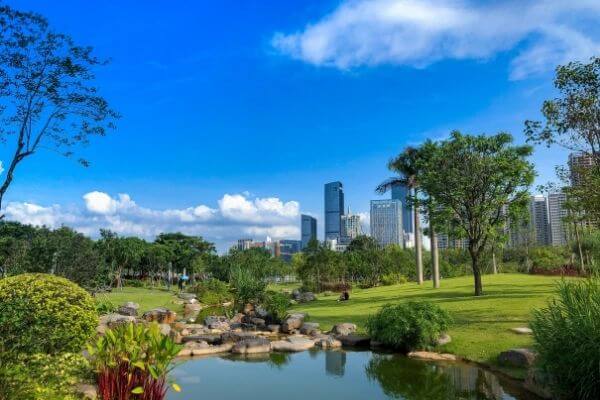
On 29 June 2021, the Standing Committee of the Shenzhen Municipal People's Congress adopted the “Regulation of the Shenzhen Special Economic Zone on the Ecological Environment Protection” (the “Regulation”, 深圳经济特区生态环境保护条例), which is scheduled to take effect as of 1 September this year. The Regulation provides for the requirements of carbon emission peak and carbon neutrality, authorizes the Shenzhen Municipal Government to formulate the carbon emission intensity standards for key industries, and includes the construction projects, whose carbon emission intensity is beyond the standard, into the negative list for industry access.
China has attached great importance to carbon emission control in recent years. On 22 Sept. 2020, China’s President Xi Jinping proposed during the general debate of the 75th General Assembly of United Nations that China would scale up its Intended Nationally Determined Contributions by vigorous policies and measures so as to have CO2 emissions peak before 2030 and achieve carbon neutrality by 2060.
Previously, the Shenzhen Municipal Ecological Environment Bureau also released in March 2021 the “14th Five-Year Plan for Ecological Environment Protection of Shenzhen (Draft for Comment)” (深圳市生态环境保护“十四五”规划(征求意见稿)) to adopt pilot measures on the issue of carbon emission peak.
Cover Photo by Zean Wu (https://unsplash.com/@ze_wu) on Unsplash
Contributors: CJO Staff Contributors Team









